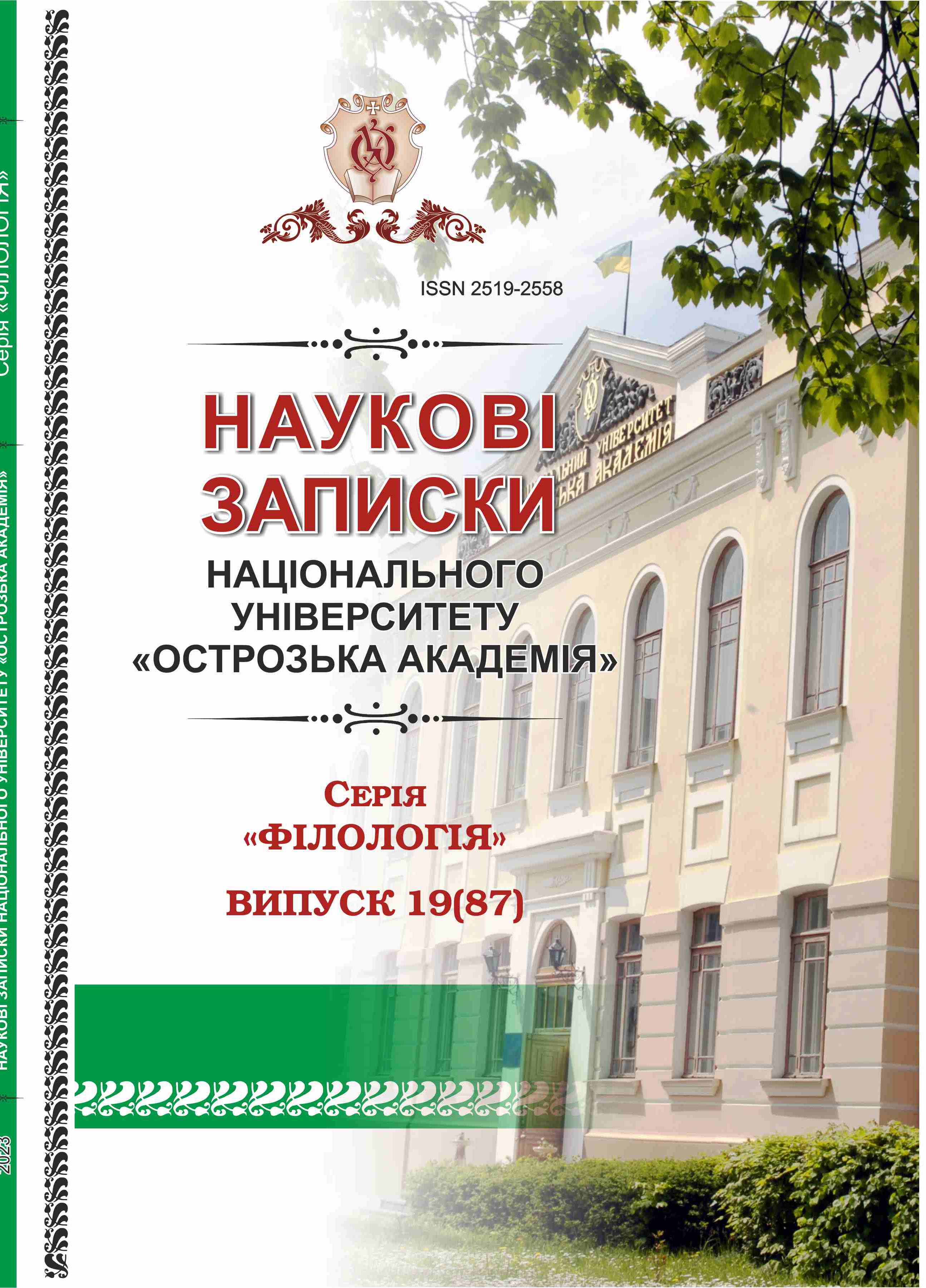IMPLEMENTATION OF THE CONCEPTS OF REINCARNATION AND EMPTINESS IN THE CREATIVITY OF MILAN DEZHINSKY AND ALESH STEGER
Keywords:
contemporary poetry of the Czech Republic and Slovenia, Eastern spiritual teachings, religion, reincarnation, emptinessAbstract
The new interpenetration of ideologies and religions is typical of the modern world. It is syncretic, which affects, among other things, the work of poets. Traditionally, Slavic poets turned to the spiritual principle in their work, sought a connection with a higher power, tried to understand the essence of being, the nature of the world in which they live, their own place in it. But if in the twentieth century this search was conducted mostly in the paradigm of the Christian faith (the southern Slavs may have been influenced by Islam to some extent), today in the age of the Internet and significant mobility we have to talk about the multiplicity of such paradigms. This was also facilitated by the ideology of the New Age, which made itself felt in the 60s and still has an influence on seekers of truth, among whom there are many artists. In the proposed research, we would like to analyze the influence of the Eastern worldview paradigm (Buddhist, Hindu) on the work of two writers – Aleš Steger (Slovenia) and Milan Dežinský (Czech Republic). Both are modern authors, active participants in cultural life in their country, translators, laureates of prizes and awards. The task of our article will be to follow the functioning in poetry of two key concepts characteristic of dharmic teachings – emptiness and reincarnation and to compare their implementation.

